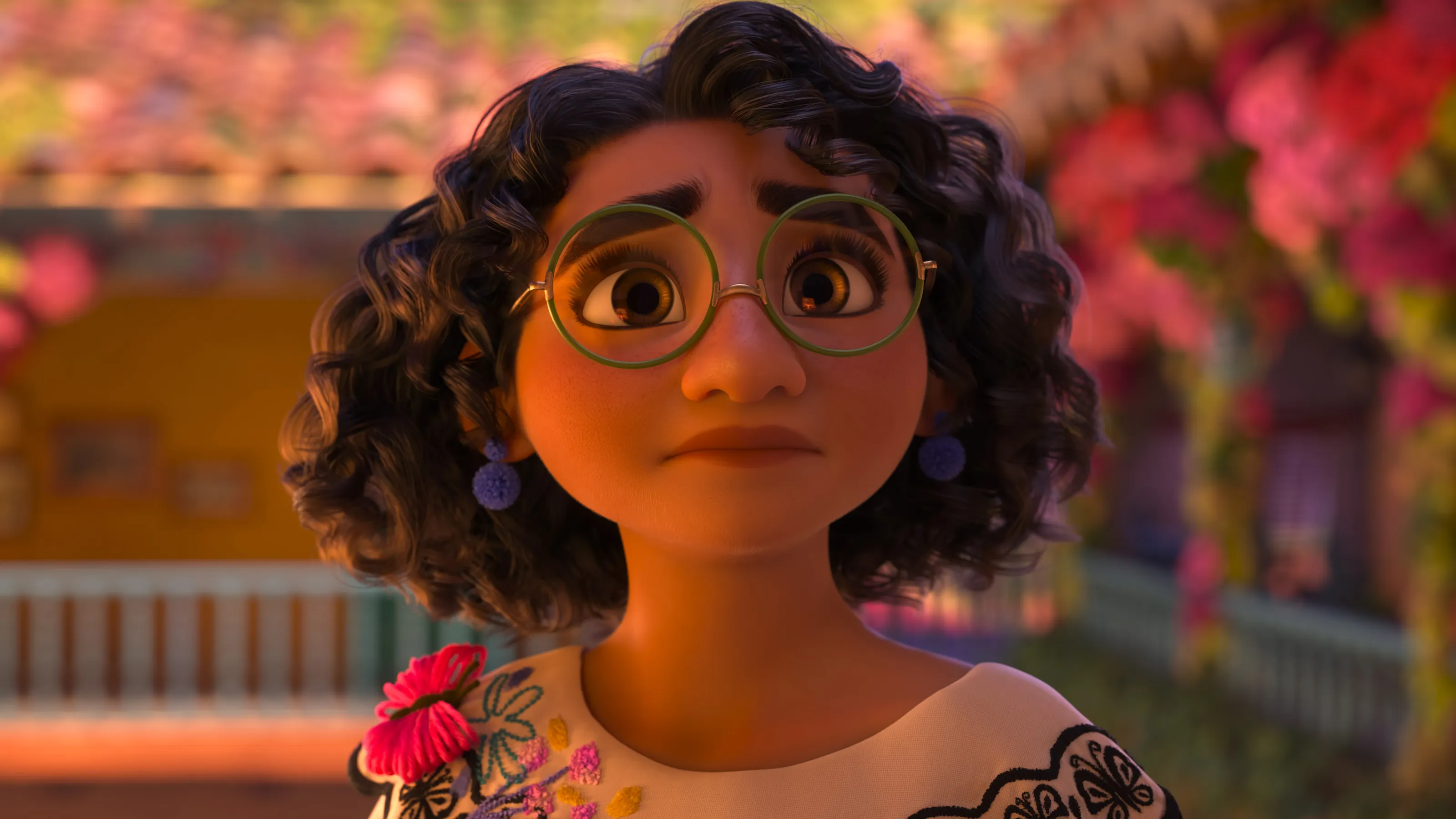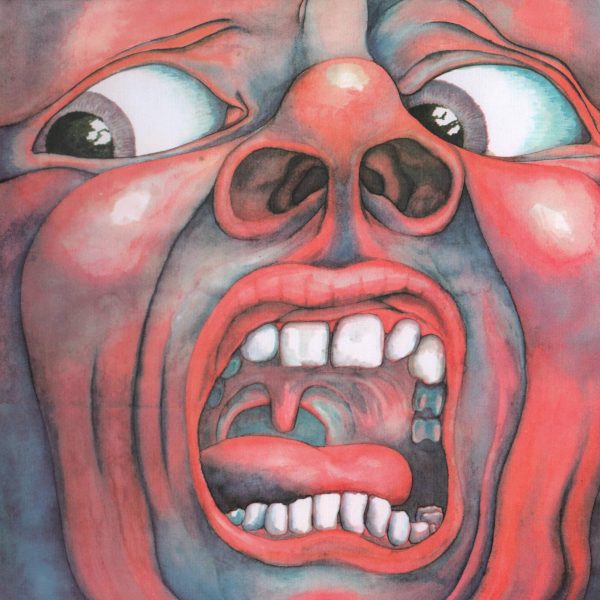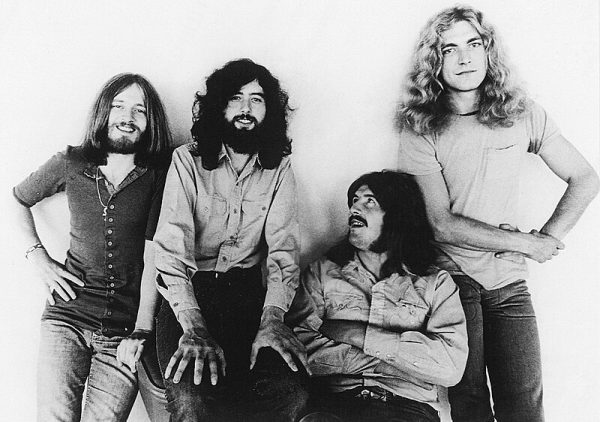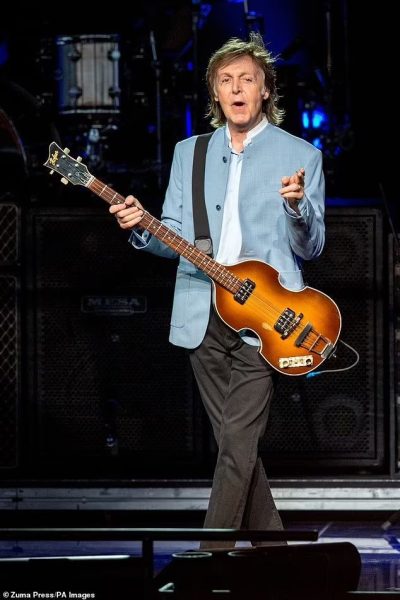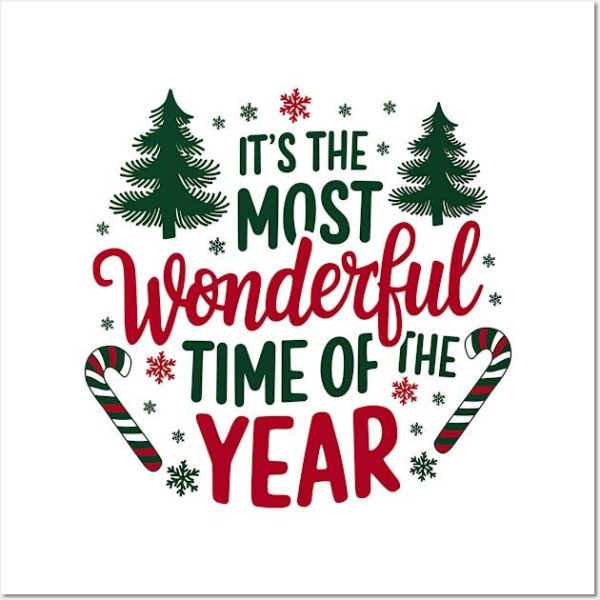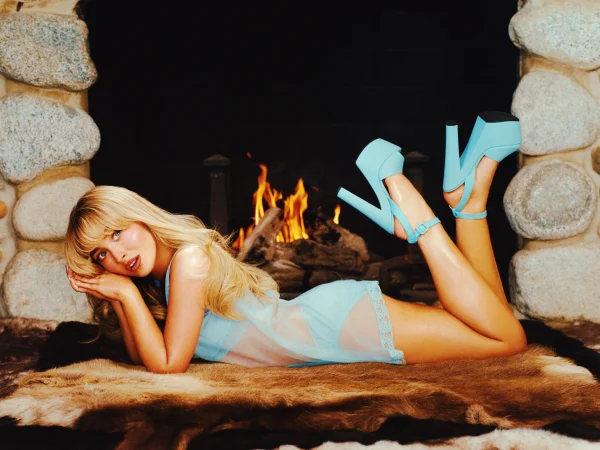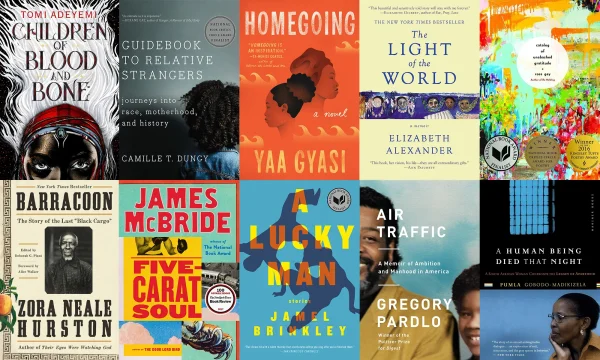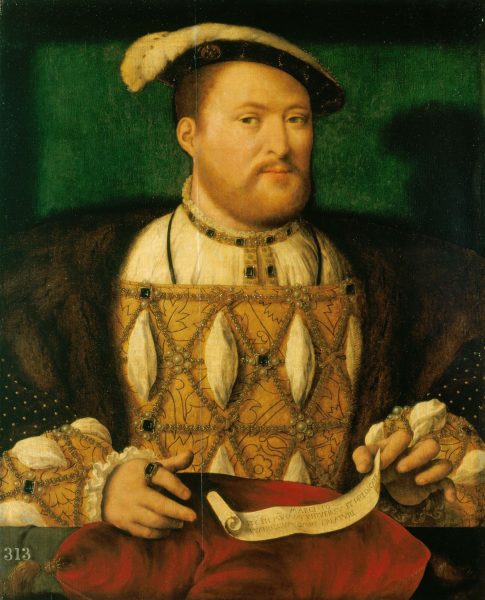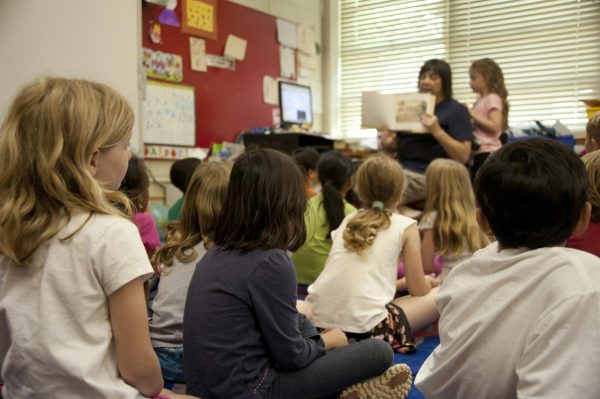Good Representation in Children’s Media Matters
As a young child, I didn’t like the thought of gay people. I didn’t understand how a boy could like a boy, or a girl could like a girl. I thought it wasn’t how the world worked, so it made me uncomfortable. Now, as a 17-year-old, I like girls and boys and everyone in between. I understand now that it happens sometimes, and it’s normal. But a question arose as I pondered the thoughts of my younger self: why was I homophobic as an 8-year-old? My parents aren’t homophobic; in fact, my godmother is a lesbian. They’ve never told me that being gay was wrong, so how did I get it into my head that it might be?
The answer came as I acknowledged my active repression of parts of myself that didn’t fit the concept of normal that I had manifested as an 8-year-old. It’s because all the TV shows and movies I watched didn’t represent any gay couples or portray non-heterosexual identities. None of the Disney movies or Barbie movies showed gay couples, so, never being told otherwise, I assumed that girls only liked boys and boys only liked girls. They also only showed skinny white girls, and I, as a fat white girl, started hating my body. I wanted to be seen in these movies and these characters, and I did for some parts, but other parts made me feel ostracized and weird. And I’m sure this is not just me.
For instance, I’m sure a lot of kids my age who grew up watching the same shows I did felt a similar way, especially people who aren’t white, LGBTQ+ people, and people who are disabled. The National Science Foundation did a study in 2017 to analyze how exposure to ethnic and racial stereotypes in media affects members of minority ethnic/racial groups, and also how lack of representation affects them. The study found that lack of representation for people with underrepresented identities, such as people of color, can leave a negative psychological impact on them, such as lower self-esteem and a change in how they view other ethnic/racial groups.
Another study in 2021 by Common Sense Media, looked into the impact of media on how kids build their understanding of race and ethnicity and found similar patterns. The findings showed that when kids see popular characters in media with identities that they can identify with, it boosts their self-esteem. The same study also found that similar exposure to negative depictions of their ethnic-racial identity will undermine their sense of self. So it’s not enough to settle for just representation, but a rather good representation. A representation that doesn’t play off stereotypes and depicts groups of people as what they are, people. People with their own unique identities and culture. With their own problems and own stories. Not just backdrops to the white protagonist’s struggles.
Besides boosting self-esteem, seeing different identities and people on screen also helps children better understand the world around them and different cultures. This helps create empathy within children and gives them an open mind. For instance, as I discussed earlier, I had never seen gay couples on TV, so I didn’t understand what they were. It wasn’t until I was 12 that I realized my godmother’s girlfriend was actually her girlfriend and not her roommate.
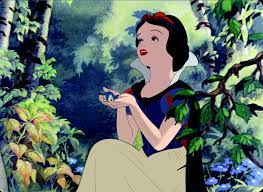
Messages from movies I had watched also affected my perception of the world. I thought women should be small, young, kind, and sensitive, and always quiet. And the boy has to go after the girl, always. Girls aren’t allowed to show interest in boys. Oh, and love is your only point of existence as a girl. Obviously, I watched a lot of older Disney movies.
Media has a strong hold on the socialization of young people, more than you might realize at first glance. Young children are extremely impressionable and susceptible to media messages like I was. So the media messages we put on screen and give to children are important. We need more shows and movies surrounding the diversity of people’s stories shows that lift children up and inspire them to be their best selves, while also giving them a place to feel like they belong.
A claim could also be made that when we focus only on diversity and representation, we lose sight of creativity and create caricatures of the identity they are trying to portray. And yes, this does happen.
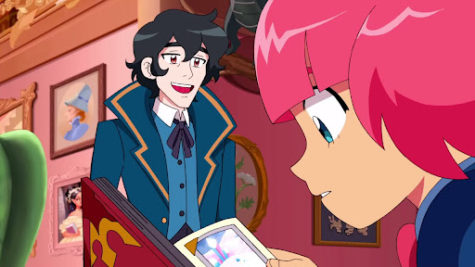
Think of High Guardian Spice, a show that marketed itself as only being directed and written by women and was a huge flop. They tried to include transgender representation but ended up making a caricature of transgender people’s struggles. But also consider The Dragon Prince, a great kids’ show with a diverse cast of characters, a deaf army general, and casual gay couples that don’t feel a need to be explained. Also consider Encanto, a great movie that celebrates Colombian culture while also having elements of magic and adventure.
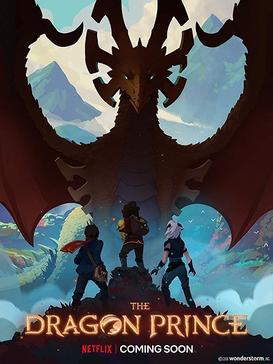
The point of these examples is that, yes, when ONLY representation becomes the focus it can screw up shows, but representation can also be weaved and crafted into shows to highlight and create fantastic stories and characters. Especially for fantasy and kids’ shows. There are also more adult shows that do focus on representation and the stories of marginalized groups and they do it well. Shows such as Insecure and One Day at a Time, and Heartstopper all tell their stories well, and the characters are treated like people rather than just their identities.
As I got older, I grew out of the close-minded concepts I had developed. I found TV shows that showed the world more clearly and had more real-life experiences that changed my perspective. I attended a wedding of two women and realized I wouldn’t mind marrying a woman. Which was odd to me, because I thought that wasn’t supposed to happen. But certain things stuck with me longer, like the message that only skinny girls can be loved. Like the message that I couldn’t be feminine because I was fat, since the only feminine girls I’d seen on screen were skinny and all the fat girls were aggressive and loud. But that’s just my experience with TV growing up, and I know just from hearing my friends talk that other people have had similar experiences. I am grateful that kids are growing up with more diverse choices for shows than I had, I am grateful that more kids can see themselves on screen and hopefully, be able to avoid all the pitfalls I and others fell right into.



